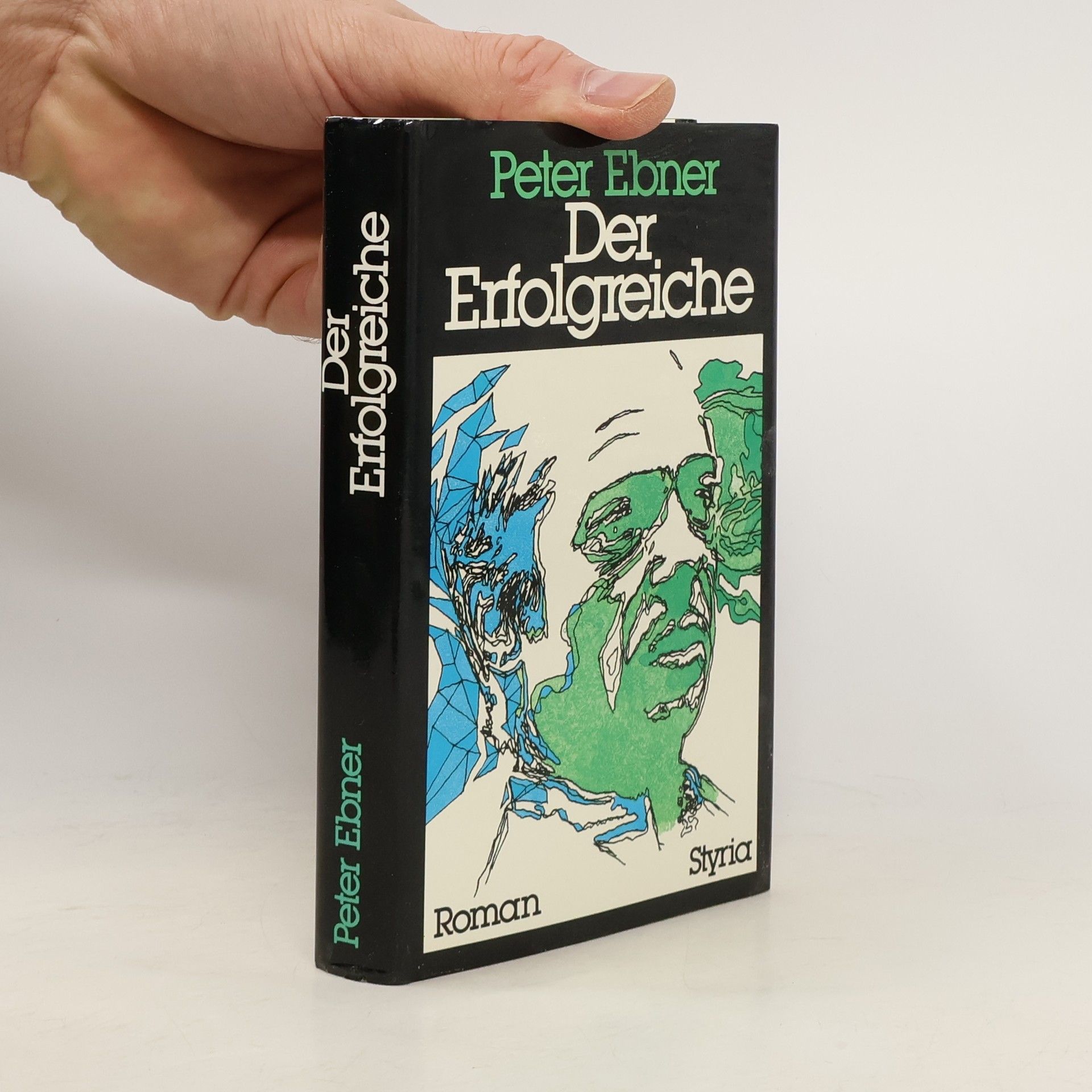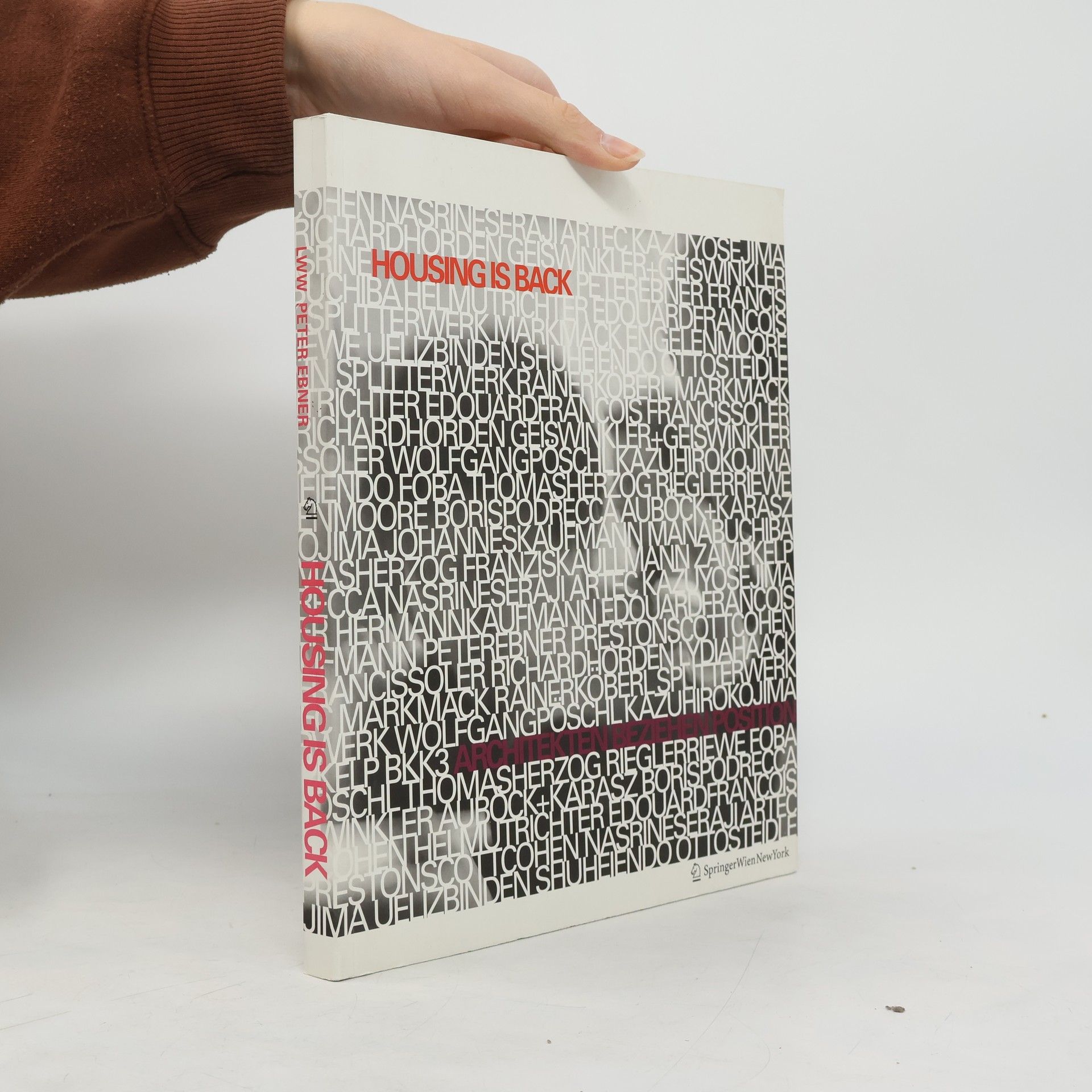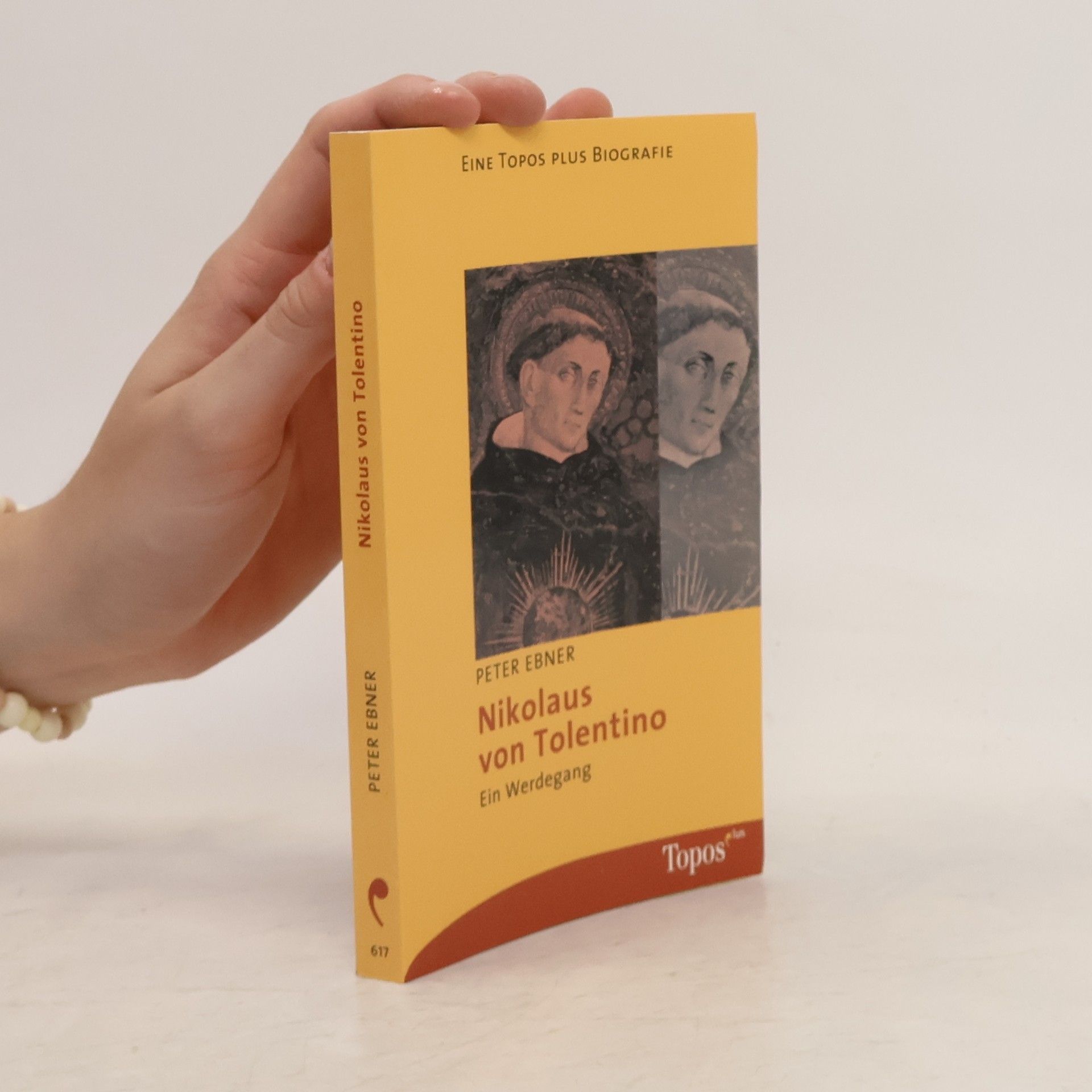Housing is back
- 187pages
- 7 heures de lecture
Der Wohnungsbau ist auf Grund der massiven Veränderung in den Haushaltsstrukturen und der bewussten Nachfrage nach ökologischem Bauen im Umbruch. Die klassische Familie existiert als Planungsgrundlage im urbanen Kontext kaum noch. Gewünscht sind flexible, nach außen orientierte, ökologische Wohnbauten. Deshalb sind Architekten, ähnlich wie in den 20er Jahren, wieder gefordert, den Wohnungsbau konzeptionell neu zu planen. Die ausgewählten Architekten haben sich diesen Anforderungen gestellt und präsentieren ihre Bauten und deren Konzepte. Das Buch dient allen, die sich mit dem Wohnungswesen beschäftigen, als Inspirationsquelle und zugleich als Nachschlagewerk. Der Lehrstuhl für Wohnungsbau und Wohnungswirtschaft an der TU München plant, alle 2 Jahre einen Band mit aktuellen Wohnungsbauten herauszubringen. Architekten: Peter Ebner, Shuhei Endo, Eengelen Moore, Mark Mack, Hermann Kaufmann, BKK-3, SPLITTERWERK, Preston Scott Cohen, Manabu Chiba, Artec, Franziska Ullmann, Otto Steidle, Auböck & Karasz, Edouard Francois, Johannes Kaufmann, Wolfgang Pöschl, Rainer Köberl, Boris Podrecca, Nasrine Seraji, Zamp Kelp, Geiswinkler & Geiswinkler, Helmut Richter, Thomas Herzog, Riegler Riewe, Kazuyo Sejima, Ueli Zbinden, Kazuhiro Kojima, Richard Horden & Lydia Haack, Francis Soler, Foba









